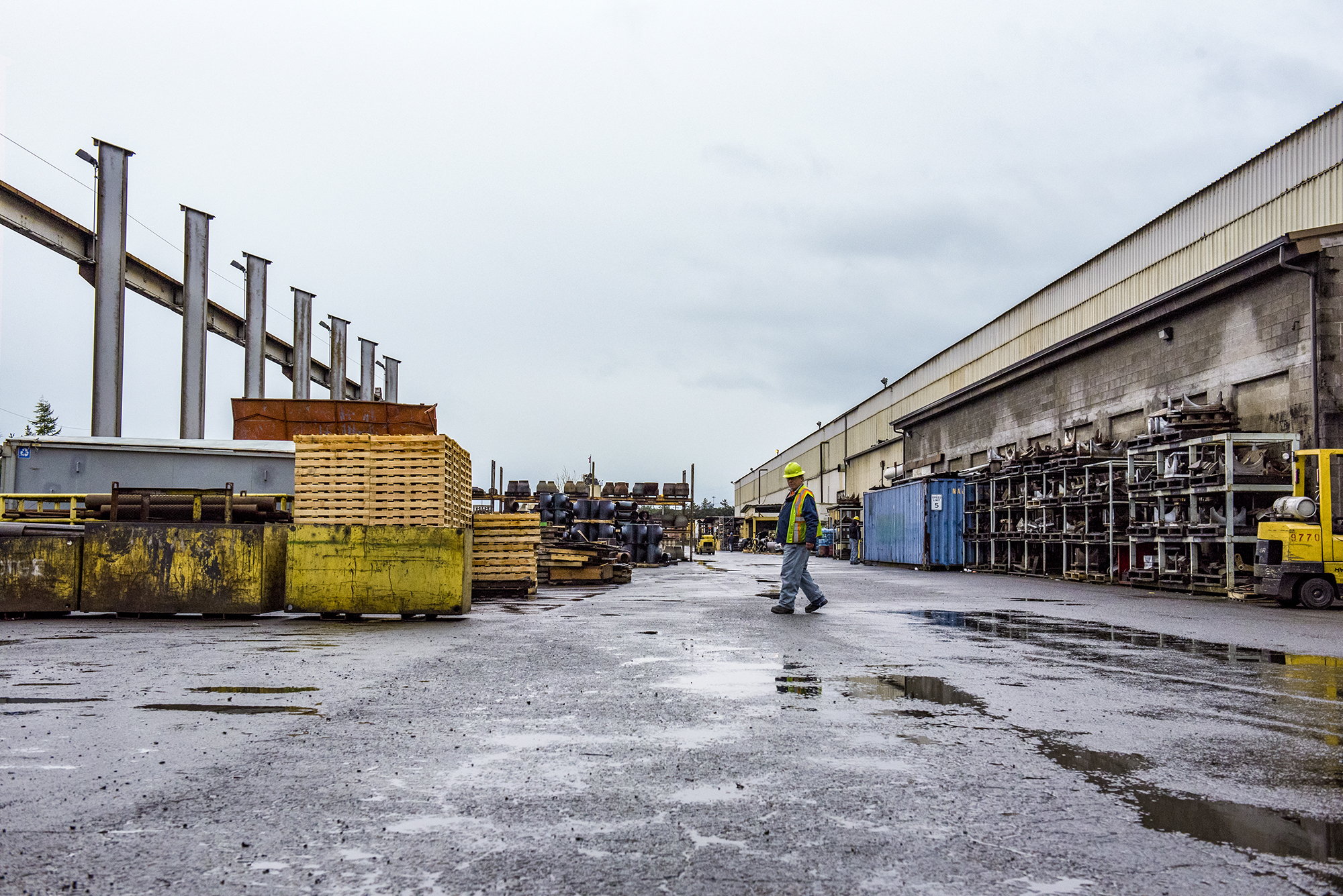
This article was first published in The Business Times on 8 November 2018.
Since the First Industrial Revolution, manufacturing has been the force propelling industrial and societal transformation forward.
Today, we are in the midst of another industrial revolution where machinery is outfitted with smart sensors to collect real-time data; artificial intelligence (AI) enables superhuman production efficiency and seamless quality assurance; blockchain transactions expand transparency and security; edge computing assures nearly uninterrupted connectivity; and impending 5G speeds allow for ever-larger volumes of data processing.
Modern manufacturers are no longer just makers, they are the thread that connects the entire lifecycle of a product. To thrive in this modern environment, they must increasingly rely upon technology to power breakthrough innovations and drive more intelligent operations.
Earlier this year, Microsoft partnered with IDC Asia/Pacific to conduct a study, titled Unlocking the Economic Impact of Digital Transformation in Asia Pacific, with 615 business leaders from the manufacturing sector in Asia. Based on the responses, digital transformation of the sector will add US$387 billion to the region’s GDP by 2021.
For manufacturers that have already embarked on their digital transformation journeys, they reported between 13 percent and 17 percent improvements to areas such as increased productivity, profit margins, and cost-reduction, and can also expect these to increase to at least 40 percent in the next three years.
Regardless of the size of the manufacturer, these are very significant improvements that impact both the bottom-line and the economy. When you consider that the sector contributes a fifth of Singapore’s economic output, their digital success will be critical to the continued health of our economy.
Data the key to unlocking new business models
In the manufacturing sector, the focus for digital is moving from process automation and optimisation, towards developing new digitally-enabled business models. As a sector where time-to-market delivers first-mover advantage, data becomes the key to unlocking the benefits of digital transformation for the sector.
Manufacturers in the region recognise the importance of data – 44 percent of respondents note that a key performance indicator (KPI) of digital transformation success today is tracking how data is used as a capital asset.
To harness the power of data, manufacturers are planning to invest in cloud and big data analytics, followed by AI, robotics and Internet of Things (IoT) solutions this year.
As part of Microsoft’s commitment to the manufacturing sector in Singapore, we embarked on collaborations with A*STAR’s Advanced Remanufacturing and Technology Centre (ARTC) and the Singapore Institute of Manufacturing Technology (SIMTech) to help manufacturers transform their factory operations through the adoption of AI. We also partnered A*STAR’s Industrial Internet of Things Innovation (I3) Platform to drive the adoption of Industrial IoT beyond the factory floor. The I3 Platform will also pull together diverse capabilities from a range of science and engineering fields in A*STAR to work with Microsoft to demonstrate and test-bed comprehensive end-to-end IoT solutions.
“Through A*STAR’s Future of Manufacturing Initiative, we foster close partnerships with companies to encourage co-innovation and technology adoption to help them seize business opportunities. This helps drive the digital transformation of the local manufacturing industry, enabling businesses to remain competitive by harnessing the potential of Industry 4.0. Working with Microsoft on co-innovation and training of the local workforce are important steps in this strategy.”
Professor Tan Sze Wee, Executive Director of A*STAR’s Science and Engineering Research Council
Future-ready skills important to reap the full benefits of digital transformation
As a result of the industry’s shift from blue collar to no-collar jobs, manufacturers are struggling to find workers with the skills necessary to meet today’s advanced manufacturing requirements.
While growing cybersecurity threats and siloed culture continue to challenge manufacturers, the lack of skills emerged as the top digital transformation challenge for manufacturers. Most urgently, we need to address the skills gap within the industry especially when you consider that respondents expect 85 percent of jobs within the sector to be transformed in the next three years.
To address the skills gap, Microsoft will work with ARTC, SIMTech and the I3 Platform to train the local manufacturing workforce, so that engineers and technicians will be equipped with skills in areas such as AI, mixed reality, IoT and data analytics that are vital in the age of Industry 4.0.
“As manufacturers of the past turn into the advanced manufacturing businesses of the future, they must leverage technology to help bridge the gap, improve safety and operations, provide greater transparency and deliver better products and experiences. Together with A*STAR, we want to empower manufacturers in Singapore to deploy cutting-edge AI, as well as equip workers with AI skills that will prevail in the modern factories of the future.”
Richard Koh, Chief Technology Officer of Microsoft Singapore
This builds on our partnership with AI Singapore to equip 12,000 Singaporeans with AI know-how, including 2,000 professionals with the ability to understand, apply and develop AI and data applications through the AI for Industry initiative so that they too can participate actively in shaping our future economy.
Public-private collaborations such as these are important and, together with our partners, Microsoft looks forward to bringing support and rapid innovation to help create new opportunities for manufacturers in Singapore and beyond.

